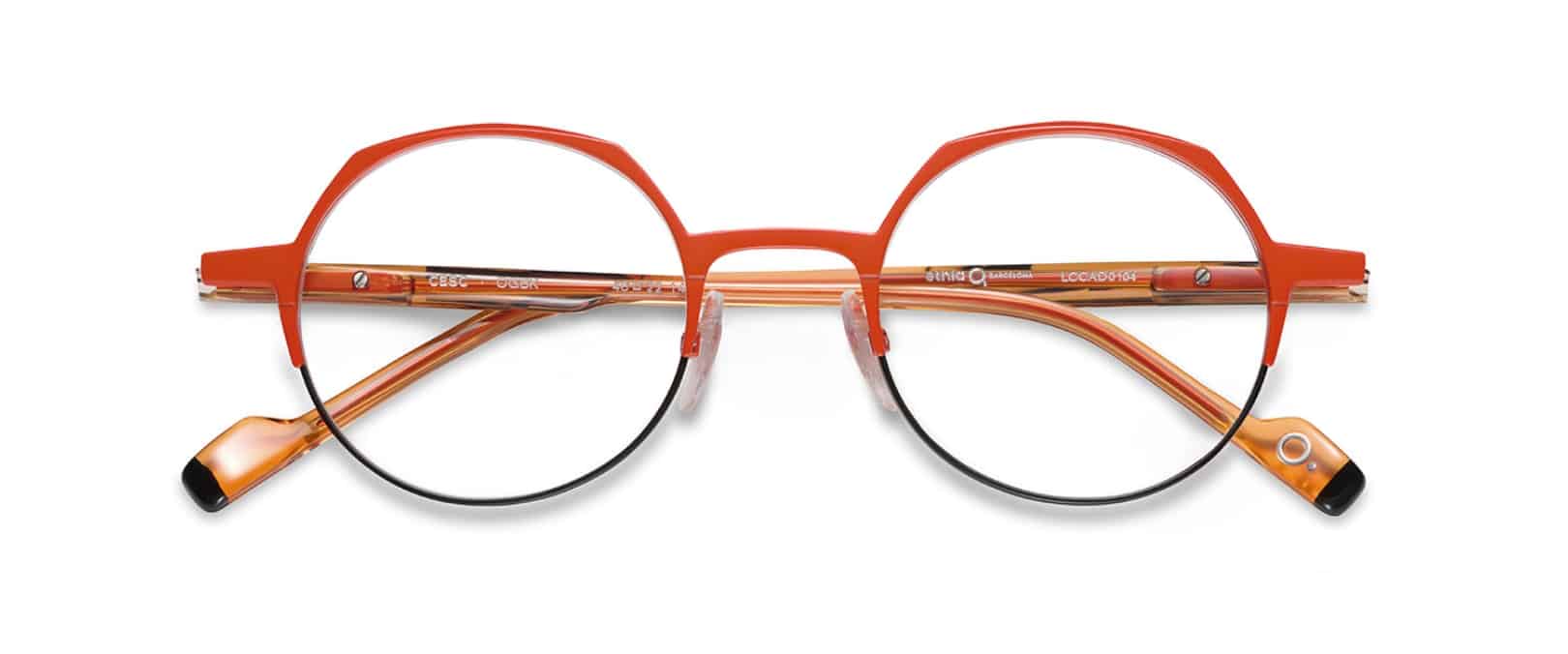A Pandemic of Increased Near-Vision Use for Canadian Children – CooperVision Survey
Wednesday, June 30 2021 | 10 h 51 min | News, Press Release
While the horizon of a return to normal seems less distant, a new survey by CooperVision Canada and Maru/Blue suggests that the pandemic may have generated near-vision habits, which according to experts could have an impact on the eye health of Canadian children, including myopia.
According to the survey, 59% of Canadian parents reported their children under 14 were spending more time doing activities that require their near vision compared to before the pandemic. Among them, 27% even indicated this extra time exceeded 5 hours a day, while nearly half (47%) said their children would spend an extra 3 to 4 hours a day on nearsighted activities. While near vision has been associated with higher incidences of developing myopia, the changes in lifestyle and screen consumption resulting from the pandemic could pose long-term concerns for Canadian children’s eye health.
“Since the pandemic, children have been spending more time inside relying on their near vision more and more for everyday activities, including online learning, connecting with friends and family and entertainment. As the pandemic and this dependency on online activities persists, we are finding that these activities may be contributing to eye strain and possibly resulting in myopia. What we should make sure of, is that these new near-vision habits do not become the new norm,” said Dr. Debbie Jones, Clinical Professor of Optometry at the University of Waterloo and Clinical Scientist at the Centre for Ocular Research & Education.
Eye care professionals recommend monitoring eye health in children at regular intervals, starting as young as six months old, before they start school and annually. However, the survey revealed that a little over half (55%) of Canadian parents get their children’s vision checked at least once a year. An additional 20% reported having their children’s eyes monitored every 2 or more years, and 24% have never had their child’s vision checked.
Not surprisingly, 42% of Canadian parents surveyed by Maru/Blue for CooperVision also agreed their children are spending less time outside compared to prior to the COVID-19 pandemic. This is a contributing concern for their eye health, according to experts, who point to the lack of outdoor time due to quarantine as another environmental factor leading to myopia.
“The human body was not designed for us to only use our vision inside,” added Jones. “Spending time outside is encouraged as it has been shown to have a preventative effect and can delay the onset of myopia, this should be easier now that the summer is here! Engaging children in outdoor activities that do not involve using their near vision, making sure they keep a reasonable distance from their books, tablets or TVs, and ensuring they take regular breaks are good first steps to help prevent early symptoms.”
Click HERE for the full press release.








